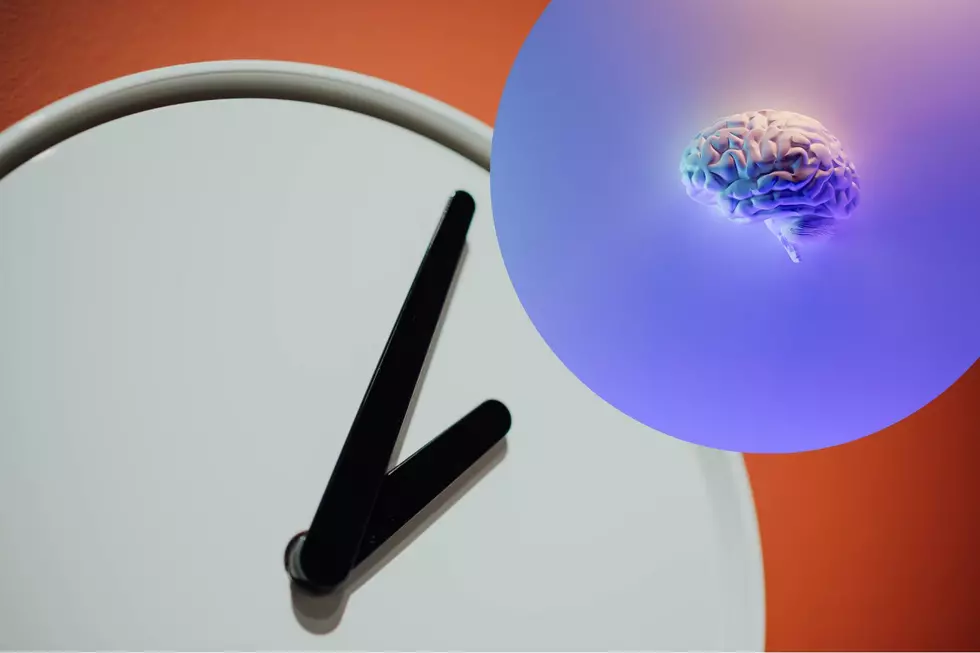
New Jersey, Here’s What This Weekends Time Change Does To Your Body
It's that time of year again, daylight savings time is coming to an end.

For some, gaining that hour of sleep makes it the most wonderful time of the year, while others dread the shorter days and the darkness.
I have a love-hate relationship with the end of daylight savings; I hate that the days are shorter, but as a morning person I'm excited for the sun to rise earlier in the day.
What you may not associate with the end of daylight savings time are health issues.
We're gaining an hour of sleep right?
That should be beneficial you'd think.
Believe it or not, any time there is a change-up in your sleep patterns or your circadian rhythm there are some negative health effects.
Before we get down to what your body goes through during a time change, let's just get this reminder out there, the time change is this weekend.
This upcoming Sunday, November 6th at 2 AM our clocks will fall back one hour.
Fortunately for us in our digital world, most of our clocks will automatically reset themselves.
Your oven, microwave, and if you're like me, digital alarm clock however may not.
So, you may have a few clocks to reset when you wake up Sunday morning but not nearly as many as we used to have.

So, What Happens To Your Body When We Fall Back?
Most of us by now know that when we lose an hour, the risk of heart attack rises, as does the amount of car accidents.
But did you know that even with an hour of sleep gained, your body still gets fairly stressed out?
Here's What The Time Change Can Do To Your Body
More From 94.3 The Point








